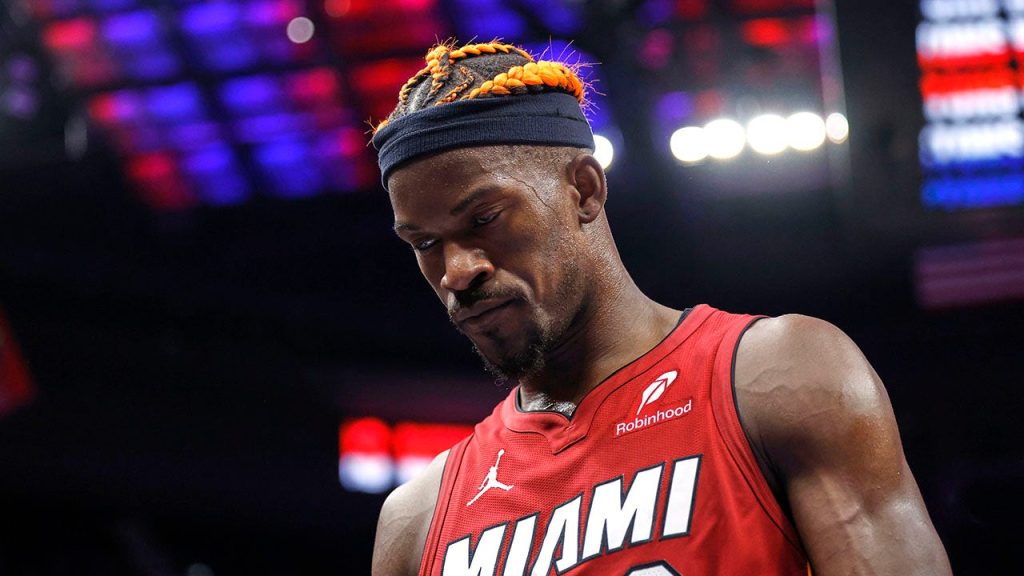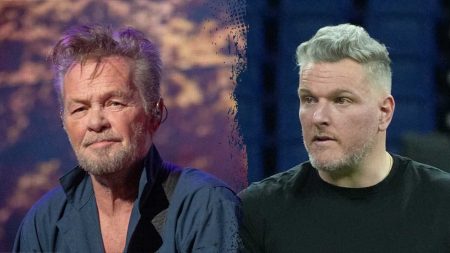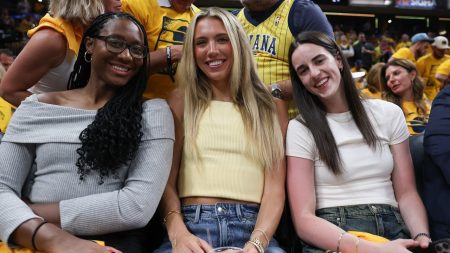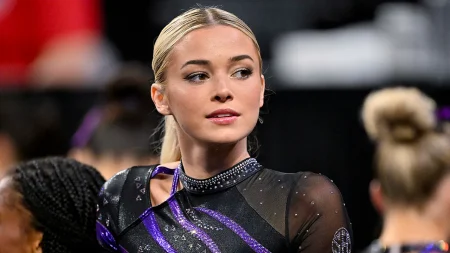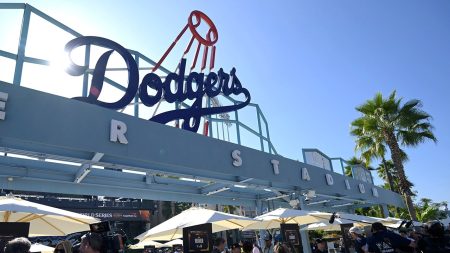Jimmy Butler’s tenure with the Miami Heat, now in its sixth season, has been marked by recent turbulence and escalating tensions. The six-time All-Star’s second suspension in just three weeks has ignited speculation that his time with the franchise may be nearing its end. The Heat’s official statement cited a “continued pattern of disregard of team rules, insubordinate conduct and conduct detrimental to the team” as the basis for the disciplinary action, specifically referencing Butler’s absence from the team’s flight to Milwaukee for a scheduled game against the Bucks. This incident further complicates an already strained relationship between the star player and the organization.
The situation sparked a lively debate on TNT’s “Inside the NBA,” with the panel of basketball legends offering differing perspectives on the unfolding drama. Shaquille O’Neal, drawing on his own experiences, attributed Butler’s behavior to “human nature,” suggesting that the player’s frustration stems from the perceived lack of a satisfactory contract offer from the Heat. O’Neal emphasized the emotional element of such situations, arguing that a player’s dedication and contributions should be reciprocated with a fair contract, and that the inherent “business of basketball” often leads to assigning blame.
However, O’Neal’s viewpoint was met with dissent from his fellow panelists. Ernie Johnson, Charles Barkley, and Kenny Smith countered O’Neal’s argument, stressing the importance of professional responsibility regardless of contract negotiations. Barkley emphasized the sanctity of contractual obligations, pointing out that Butler had accepted the terms of his current deal. Smith echoed this sentiment, reminding viewers of the substantial financial compensation Butler is receiving under his existing contract. Johnson, typically the moderator of the panel’s discussions, directly challenged O’Neal’s perspective, questioning whether a player under contract has a fundamental responsibility to fulfill the terms of that agreement, irrespective of personal dissatisfaction.
The discussion further delved into the broader ramifications of Butler’s actions. Barkley argued that Butler’s obligations extend beyond the organization to include the fans and his teammates, suggesting that personal grievances should not overshadow the collective pursuit of victory. He emphasized that the fans and fellow players bear no responsibility for the contract dispute and deserve Butler’s full commitment on the court. This perspective highlights the complex dynamic between individual player aspirations and the team’s overall goals, raising questions about the balance between personal satisfaction and collective responsibility.
The financial implications of Butler’s recent suspensions are substantial. His earlier seven-game ban resulted in a loss of approximately $2.4 million in salary. This highlights the significant financial stakes involved in player conduct and the potential consequences of breaching team rules. Beyond the monetary losses, Butler’s actions have created a disruptive atmosphere within the team, potentially impacting morale and performance on the court.
Further complicating the situation are reports that Butler has expressed his desire for a trade, although such demands cannot be made publicly under NBA rules. This adds another layer of complexity to the already strained relationship between Butler and the Heat. The looming trade deadline of February 6th adds a sense of urgency to the situation, as both the player and the organization must weigh their options and determine the best course of action for the future. Butler’s reported discontent with his role within the Heat’s offense, manifested in subtle protests such as non-participation in pre-game introductions and isolation during timeouts, further underscores the depth of his dissatisfaction. This multifaceted conflict encompasses contractual disputes, perceived disrespect, and a clash of personalities, creating a challenging scenario for all parties involved.




